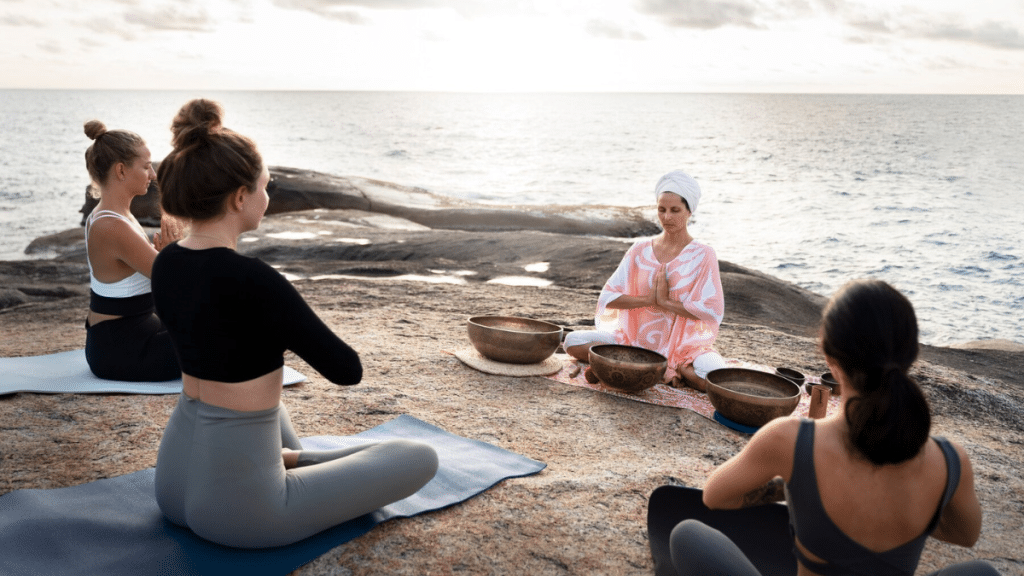In a world that’s constantly on the go, wellness retreats are becoming a much-needed pause button. Whether you’re feeling mentally drained or are just tired of your usual routine, a wellness retreat offers a reset for your mind and body.
But if you’ve never been to one before, you might feel a little curious about the idea. What actually happens at a wellness retreat? Is it just meditation and green juice? Will you be forced to wake up early? Or is it more about rest and healing on your own terms?
Let’s break it down.
What Is a Wellness Retreat?
At its core, a wellness retreat is a space designed to help you slow down and take better care of yourself. It can be structured or flexible, luxurious or cozy, group-based or completely private.
While some retreats focus on fitness and nutrition, others prioritize mental health and emotional recovery. It depends on what your needs or preferences are.
A Day in the Life at a Wellness Resort
While schedules vary depending on the retreat’s focus, most programs offer a mix of the following:
Mindful Mornings
Many retreats start the day with grounding activities like breathwork, gentle stretching, or guided meditation. Some offer optional sunrise walks or nature-based sessions to help you reconnect with your surroundings before starting your day.
Nutritious Meals
Retreats often serve meals that support overall well-being. These meals could include:
- Whole foods
- Fresh ingredients
- Options for dietary needs (vegan, gluten-free, etc.)
The goal isn’t restriction but nourishment. Some programs also include nutrition workshops to help you understand your relationship with food better.
Movement or Physical Activity
You might participate in yoga, aerobics, or hikes. These sessions are usually focused on enjoyment and connection with your body rather than performance or calorie burning.
Workshops and Sessions
These could range from stress management workshops to art therapy, breathwork, or even counseling. Some retreats bring in guest speakers, healers, and certified therapists, too.
Evening Activities
You might get some free time in between to rest, reflect, nap, read, or do anything you want. Evenings are usually more focused on journaling, baths, yoga, and other slow activities. The goal is to help you wind down for a restful night.
Specialized Retreats
While general wellness retreats are focused on overall health, there are more targeted ones that cater to specific goals. For example, a weight loss retreat for adults might include more structured movement sessions and nutrition education.
However, modern wellness programs are shifting from focusing on size or weight to helping people build better habits, improve energy levels, and support physical health in sustainable ways.
Some programs, similarly, can be focused on mental health by offering therapeutic sessions and a strong community. Even career development retreats are a thing – they provide career counseling and workshops to help your goals.
What to Look for in a Good Retreat
Regardless of which kind of wellness retreat you’re going to, here are some signs of quality:
- Qualified staff. Instructors and therapists should be certified in their field.
- Inclusive environment. Retreats should be welcoming to all people.
- Clear communication.
- Accessibility.
